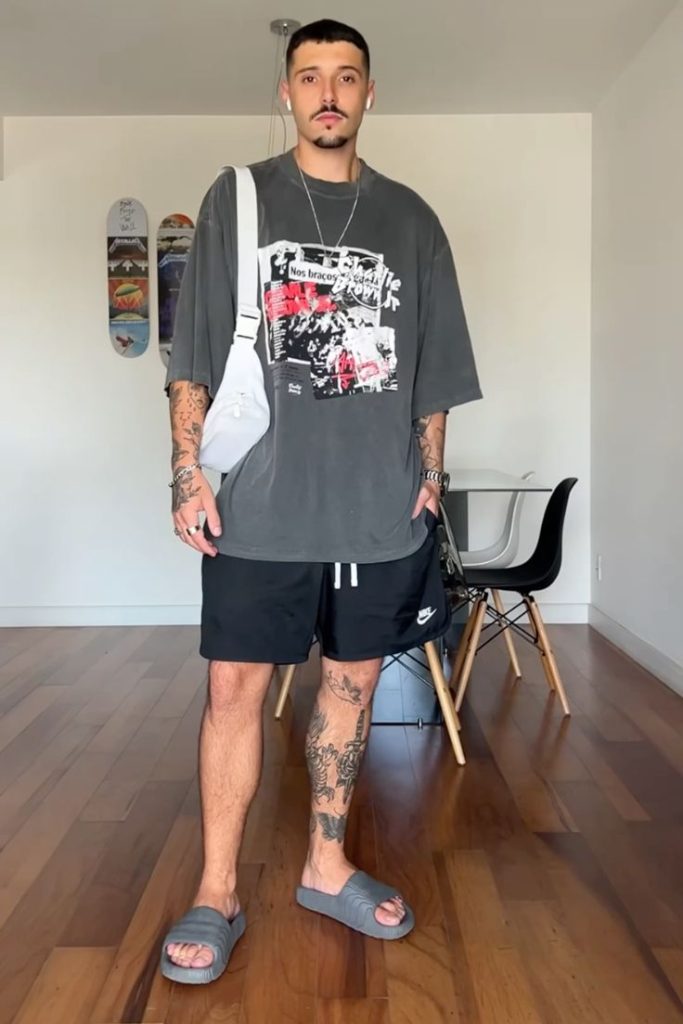T-shirts, a seemingly simple piece of clothing, have evolved far beyond their utilitarian origins. Over decades, they have transformed into powerful canvases for political expression, activism, and societal change. In this blog, we will explore how T-shirts became a vehicle for political messaging, tracing their journey from humble beginnings to global impact. We will examine the cultural moments, iconic designs, and future potential of T-shirts as tools of resistance and advocacy.
T-Shirts and the Counterculture Movements of the 1960s
The Civil Rights Movement
During the 1960s, T-shirts became a tool for promoting civil rights and social justice. Activists used them to display powerful slogans like “I Am a Man” and “Black Is Beautiful,” creating visual solidarity and spreading their message.
Anti-War Protests
The Vietnam War spurred a wave of anti-war activism, and T-shirts were at the forefront. Designs featuring peace symbols, anti-war slogans, and psychedelic art became synonymous with the counterculture movement.
- Iconic Example: The “Make Love, Not War” T-shirt became a defining image of the era, embodying the anti-war sentiment and the hippie ethos.
The Rise of Political Branding in the 1980s and 1990s
Punk Rock and DIY Culture
The punk rock movement of the 1980s embraced T-shirts as a medium for defiance. Bands like The Clash and The Ramones inspired fans to create DIY designs that challenged societal norms and political systems.
- Anti-Establishment Messages: Punk T-shirts often featured anarchist symbols, anti-government slogans, and provocative imagery, becoming emblems of resistance.
Activist Fashion in the 1990s
The 1990s saw the rise of activist organizations using T-shirts to amplify their causes. Nonprofits, environmental groups, and LGBTQ+ activists leveraged bold designs to raise awareness and funds.
- AIDS Awareness: The iconic “Silence = Death” T-shirt became a rallying cry for the AIDS crisis, drawing attention to the urgent need for action and visibility.
T-Shirts as Tools for Global Movements
The Arab Spring and Social Media
During the Arab Spring in the early 2010s, T-shirts became symbols of resistance and hope. Protesters wore designs featuring hashtags, slogans, and symbols of freedom, amplifying their messages through social media.
Black Lives Matter
The Black Lives Matter movement has embraced T-shirts as a unifying force. Designs featuring slogans like “Black Lives Matter” and “Say Their Names” have become powerful symbols of solidarity and demand for justice.
- Cultural Impact: These T-shirts have been worn by activists, celebrities, and everyday individuals, creating a visual reminder of systemic issues.
The Role of Celebrities in Political T-Shirt Culture
Hollywood and Activism
Celebrities have played a significant role in popularizing political T-shirts. Stars like Jane Fonda and Beyoncé have used their platforms to amplify causes through bold T-shirt statements.
The Red Carpet as a Platform
In recent years, the red carpet has become a stage for political expression. Celebrities have worn T-shirts with feminist slogans, climate change messages, and calls for social justice, making bold statements in front of global audiences.


